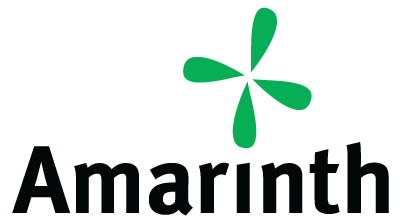Clarification of motor industry Ex marking changes
Existing standards
IEC 60079, which specifies the safety of electrical equipment in explosive atmospheres, contains several parts. Recent changes to this standard have seen harmonisation and a decision to move the protection for rotating machines to an increased safety standard, all of which has resulted in changes to the existing Ex markings for motors.
The outcome of these changes means that when a motor is quoted or supplied to a customer, the Ex markings may differ from what the customer initially specified if they were referencing the old standard. This document highlights the relevant changes made to IEC 60079 for Amarinth customers and clarifies the markings Amarinth customers can expect to see when quoted or supplied with a motor designed and manufactured to the new standard.
Amarinth customers have generally specified equipment according to one of the following:
IEC 60079-1 - specifies the requirements for the construction and testing of electrical equipment with the type of protection flameproof enclosure “d”, intended for use in explosive gas atmospheres, and “de” flameproof housing with increased safety terminal box with the “e” protection as defined in IEC 60079-7.
IEC 60079-7 - specifies the requirements for the design, construction, testing and marking of electrical equipment and Ex Components with type of protection increased safety “e” intended for use in explosive gas atmospheres.
IEC 60079-15 - specifies requirements for the construction, testing and marking for Group II electrical equipment with type of protection “n” intended for use in explosive gas atmospheres.
New standard
There are two key changes for Amarinth customers in the new edition of IEC 60079.
- IEC 60079 now specifies three possible degrees of protection provided by flameproof enclosures “d” and flameproof housing with increased safety terminal box “e”:
- a – specifies that enclosures containing bare conductive live parts shall provide at least the degree of protection IP54.
- b – specifies that enclosures containing only insulated conductive live parts shall provide at least the degree of protection IP44.
- c - specifies that enclosures for containing only insulated conductive live parts can provide a reduced degree of protection of IP23 for Group I, or IP20 for Group II, if solid bodies are prevented from falling vertically through any openings into the enclosure.
- Under the new edition of the standard, in addition to meeting the requirements of IEC 60079-1, rotating machines must now comply with the increased safety standard IEC 60079-7 instead IEC 60079-15. As such markings that were applicable for IEC 60079-15 will now be replaced with those in IEC 60079-7.
Changes that are relevant to motors supplied with Amarinth pumps
The following Ex motor markings are examples of those most relevant to Amarinth customers and show how these markings will change as part of the harmonisation of IEC 60079 and increased safety standard for rotating machines:
- IEC 60079-1 Ex d changes to IEC 60079-1 Ex db
Note the addition of the “b” suffix denoting the new level of protection
- IEC 60079-1 Ex de changes to IEC 60079-1 Ex db eb
Note the addition of the “b” suffix denoting the new level of protection for both enclosure “d” and increased terminal box protection “e”
- IEC 60079-15 Ex nA changes to IEC 60079-7 Ex ec
Note both the change from “IEC 60079-15” to “IEC 60079-7” along with the associated change from “Ex nA” to “Ex ec”
- IEC 60079-7 Ex e changes to IEC 60079-7 Ex eb
Note the addition of the “b” suffix denoting the new level of protection
It should be noted however that the technical requirements in the revised IEC 60079 standard are mostly the same as in the previous version, so this is largely just a change in marking and so a customer receiving a motor with the new marking can expect the same specification and performance as with the old marking.
Timescale
EU Declarations of Conformity documents (ATEX) must refer to the new revision of the standard by latest August 2018 and so customers should expect to see the new markings as certificates are updated by the motor manufacturers.
Regional certification
Regional certificates, such as EAC, a requirement to provide equipment into the EAC Economic Union of Russia, Belarus, Kazakhstan, Armenia and Kyrgyzstan certified according to the Technical Regulations of the Customs Union (TR CU) and GOST R certification, a requirement to provide equipment to Russia, will continue with existing markings, until current certification expires and is renewed, and this will be different for each motor vendor. The same may apply to other regional certifications.
Available for download in PDF format, simply click the button below to download.
Download File
















